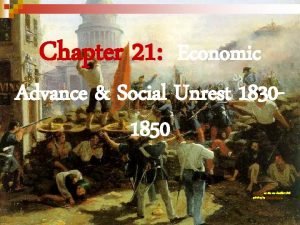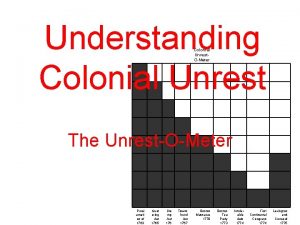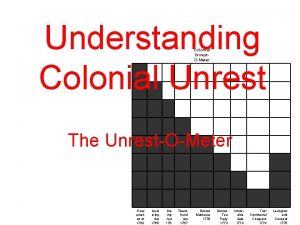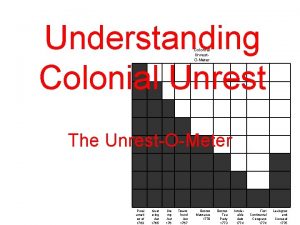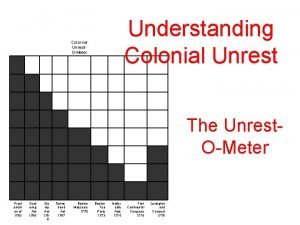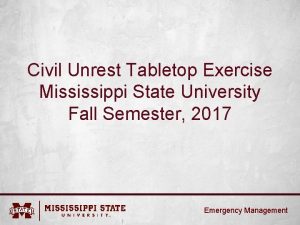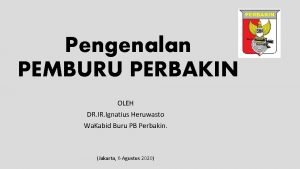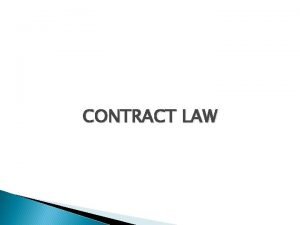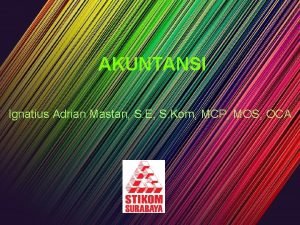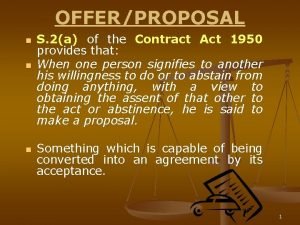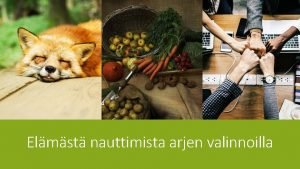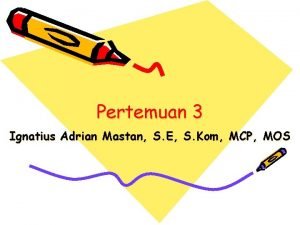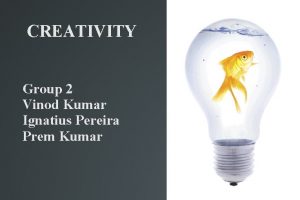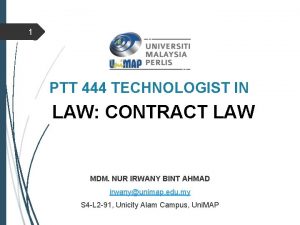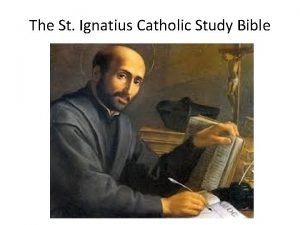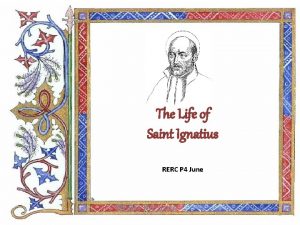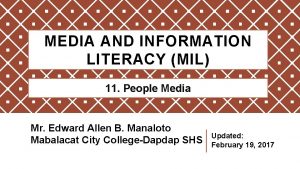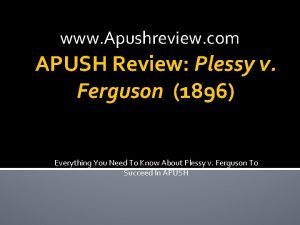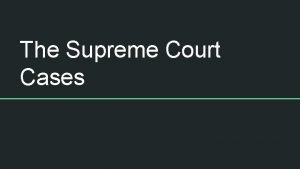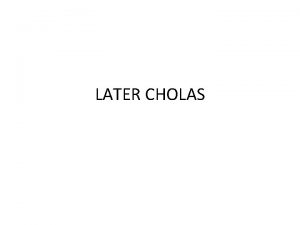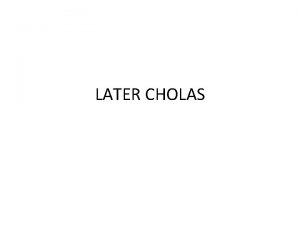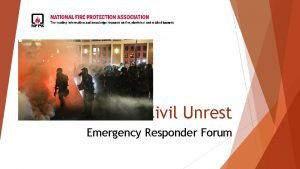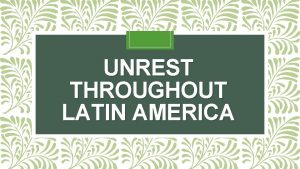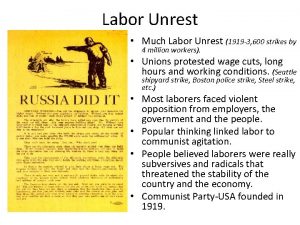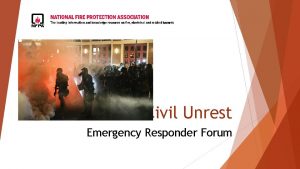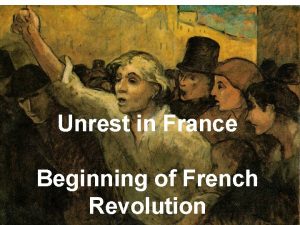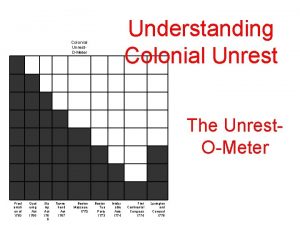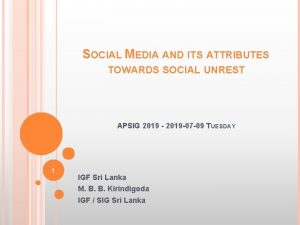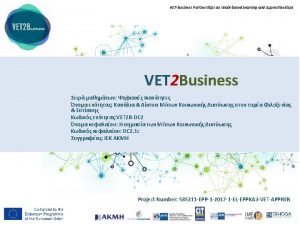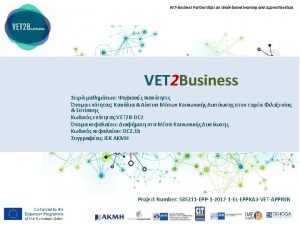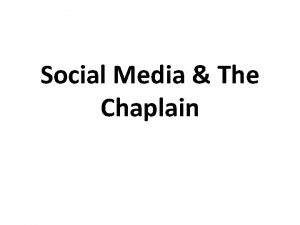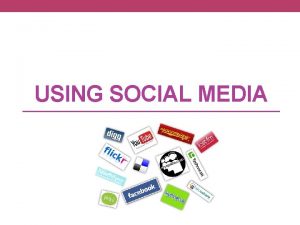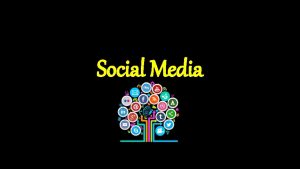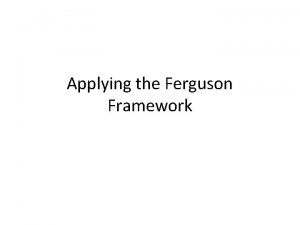Ferguson unrest and later and social media Ignatius



















- Slides: 19

Ferguson unrest (and later), and social media Ignatius Rautenbach Project Assistant, Globethics. net 1

1. What was unique about social media? 2. How did it complement & challenge traditional media? 3. How did it produce (ethical) change? 2

• The Ferguson unrest (also referred to just as Ferguson) is an ongoing series of protests and civil disorder that began the day after the fatal shooting of Michael Brown by a police officer on August 9, 2014, in Ferguson, Missouri. The unrest sparked a vigorous debate in the United States about the relationship between law enforcement officers and African Americans, the militarization of the police, and the use of force doctrine in Missouri and nationwide. • As the details of the original shooting event emerged from investigators, police established curfews and deployed riot squads to maintain order. Along with peaceful protests, there was looting and violent unrest in the vicinity of the original shooting. According to media reports, there was police militarization when dealing with protests in Ferguson. The unrest continued on November 24, 2014, after a grand jury decided not to indict the police officer who shot Michael Brown. • In response to the shooting and subsequent unrest, the U. S. Department of Justice conducted an investigation into the policing practices of the Ferguson Police Department (FPD). In March 2015, the U. S. Justice Department announced that they had determined that the FPD had engaged in misconduct against the citizenry of Ferguson, by discriminating against African-Americans and applying racial stereotypes, in a "pattern or practice of unlawful conduct". 3

What was unique about social media? Beatriz Paez 4

What was unique about social media? Walter Scott 5

What was unique about social media? ‘Anonymous’ and the KKK 6

What was unique about social media? 7

How did it complement & challenge traditional media? CNN Protest and Media Coverage 8

How did it complement & challenge traditional media? 9

How did it complement & challenge traditional media? Al Jazeera USA 10

How did it produce (ethical) change? #Criming. While. White #Alive. While. Black 11

How did it produce (ethical) change? #Criming. While. White #Alive. While. Black 12

How did it produce (ethical) change? Congress Protests Don’t Shoot 13

How did it produce (ethical) change? Opposing Crowdfunding Campaigns 14

How did it produce (ethical) change? 15

How did it produce (ethical) change? http: //racistsgettingfired. tumblr. com 16

• The Ferguson unrest (also referred to just as Ferguson) is an ongoing series of protests and civil disorder that began the day after the fatal shooting of Michael Brown by a police officer on August 9, 2014, in Ferguson, Missouri. The unrest sparked a vigorous debate in the United States about the relationship between law enforcement officers and African Americans, the militarization of the police, and the use of force doctrine in Missouri and nationwide. • As the details of the original shooting event emerged from investigators, police established curfews and deployed riot squads to maintain order. Along with peaceful protests, there was looting and violent unrest in the vicinity of the original shooting. According to media reports, there was police militarization when dealing with protests in Ferguson. The unrest continued on November 24, 2014, after a grand jury decided not to indict the police officer who shot Michael Brown. • In response to the shooting and subsequent unrest, the U. S. Department of Justice conducted an investigation into the policing practices of the Ferguson Police Department (FPD). In March 2015, the U. S. Justice Department announced that they had determined that the FPD had engaged in misconduct against the citizenry of Ferguson, by discriminating against African-Americans and applying racial stereotypes, in a "pattern or practice of unlawful conduct". 17

Summary • • • Content Method Reach Target Group Impact 18

Thank you! 19
 Giuseppe mazzini
Giuseppe mazzini Quatering act date
Quatering act date Colonial unrest-o-meter
Colonial unrest-o-meter Colonial unrest-o-meter
Colonial unrest-o-meter Proclamation of 1763
Proclamation of 1763 Civil unrest tabletop exercise
Civil unrest tabletop exercise Struktur organisasi perbakin
Struktur organisasi perbakin Elements of contract
Elements of contract Ignatius adrian mastan
Ignatius adrian mastan Ignatius v bell
Ignatius v bell Sini ignatius
Sini ignatius Ignatius adrian mastan
Ignatius adrian mastan Ignatius pereira journalist
Ignatius pereira journalist Harvey vs facey
Harvey vs facey Ignatius catholic study bible
Ignatius catholic study bible Idealife.rerc
Idealife.rerc People as media vs people in media
People as media vs people in media Ferguson vs plessy
Ferguson vs plessy Erpno
Erpno George w. mclaurin
George w. mclaurin
